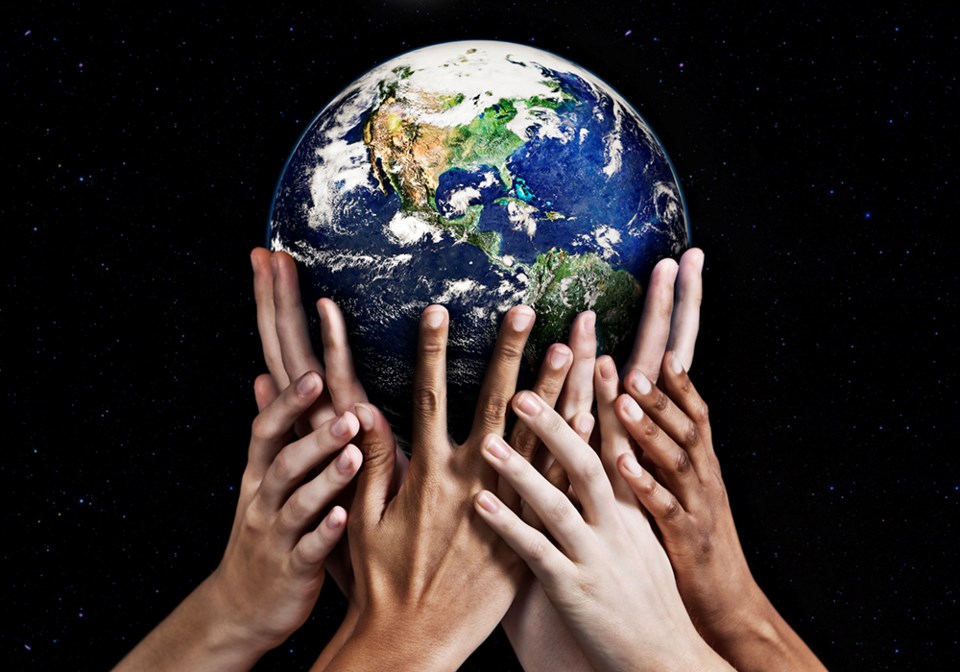Among the many things these pandemic times have revealed is humanity’s capacity for rapid change. Nearly overnight, it seemed, our world transformed.
Seen through the lens of sustainability, there have been some steps forward, and others slips backward. We likely drive less, with more of us telecommuting. Emissions related to recreational travel have lowered, as borders have closed. We may have started growing a vegetable garden or found more ways to exchange used goods with our community.
At the same time, we may have introduced new single-use waste to our lives in the form of masks, gloves and hand wipes. Early restrictions on reusable to-go mugs and shopping bags may also have gotten us back into wasteful habits that have stuck around since those temporary limitations lifted.
Whether we feel our current lifestyles are better supporting the planet’s wellness or not, we have at the very least proven how quickly we can make changes both collectively and individually.
Can we start tapping into this incredible capacity more? How might we leverage this revelation for the good of the earth?
It seems that changes have occurred on two levels – systemically – empowered by governmental authority, and personally – through self-discipline and changing values.
We all know we need to make some massive shifts globally to maintain needed biodiversity. What systemic changes will support this? What policies that protect our dwindling resources do we need to put in place? How can you influence politicians, leaders and businesses to value the planet’s wellness?
Individually, are there simple changes in your direction that you can make to change your destination entirely? Altering our habits slightly can make a big impact, especially if we choose the right ones. Before embarking on changing a habit, it’s best to set yourself up for the best chance of maintaining it in the long run. It’s also a great idea to assess which changes will have the biggest impact and so are worth the effort.
When it comes to eco-friendly changes, set yourself up for success by removing barriers. Want to recycle more? Put your recycling bin somewhere close to where everyone in your household is most likely to use it.
Want to bring shopping bags to the grocery store? Pack them in your purse each time you empty their contents. Trying to get the plastic out of your backyard composter? Remove fruit labels as soon as you bring food home from the store.
Want to avoid single-use protective gear? Buy washable masks.
When you are on the precipice of committing to earth-friendly (or any) changes, creating accountability is a great way to increase the likelihood of success. Verbal promises are good, but written agreements witnessed by another are even better.
Want to sweeten the deal? Build in rewards for success and negative consequences for falling short.
Above all, when you do make positive changes, share your experiences with others. Hearing our family and friends have adopted a healthy change is one of the most powerful ways to influence behaviour. What better way is there to celebrate Earth Month?
Let’s Talk Trash is qathet Regional District’s waste-reduction education program. For more information, email info@LetsTalkTrash.ca or go to LetsTalkTrash.ca.



